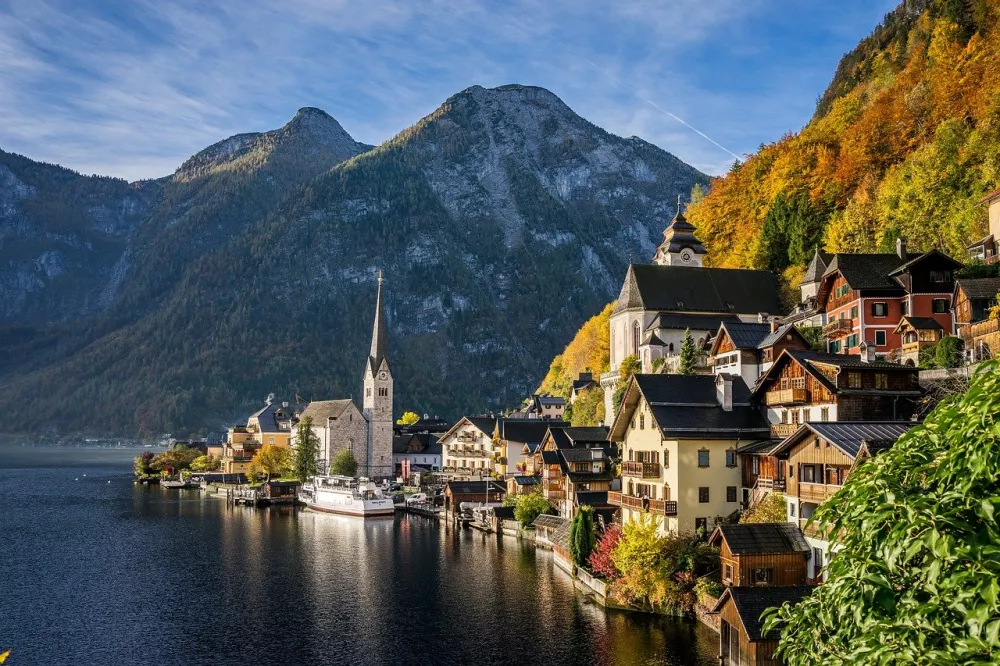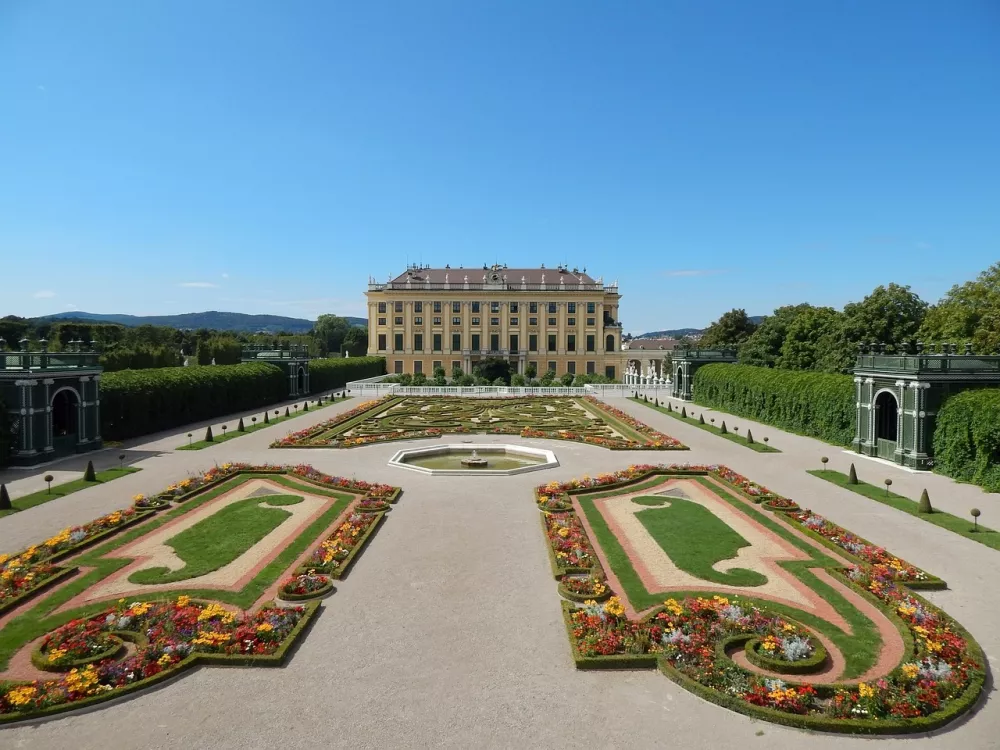Austria guide 
A small country in Central Europe, made famous by the composer W. A. Mozart, with superbly equipped ski resorts in the Alps or Vienna's Schönbrunn Palace. If you want to find out which places are worth visiting, read on.
Vienna - the capital of Austria located on the banks of the Danube River. Here you can see attractions such as the Hofburg Imperial Palace, the artistic treasure Belvedere or St. Stephen's Cathedral.
Salzburg - a historic city with the impressive Hohensalzburg Castle. Famous as the birthplace of W.A. Mozart, Salzburg offers a unique combination of culture, music and beautiful alpine scenery.
Graz - a picturesque historical city in southern Austria, surrounded by hills and vineyards, known for its medieval and baroque architecture. Its narrow streets, picturesque square and impressive castle make it a popular tourist destination.
Austrian Alps - here you will find comprehensive information about the slopes, accommodation and transport to these seven popular destinations: Innsbruck, Kitzbühel, Ischgl, Zell am See, Sölden, Flachau, Schladming Dachstein.

Austria is located in Central Europe, with the Alps to the west and south. The Austrian landscape is rich in lakes, rivers and mountain scenery. The largest river is the Danube, which also flows through the capital city of Vienna.
Austria belongs to the medium-sized European countries, it has an area similar to the Czech Republic or Portugal, approximately 83,879 square kilometers.
About 8.9 million people live in Austria. Around 27 million tourists come here annually, mainly to the mountains, then to Vienna and Salzburg.

German is spoken here, but you can get along with most of the residents in English.
In 2002, Austria joined the Eurozone, which is why euros are used here.
In the Republic of Austria, they have a president as head of state and a chancellor as head of government.
Austria has a developed and diversified economy with an emphasis on industry, services and tourism, mainly focused on mountain tourism in the Alps. The country is known for its high standard of living and quality of working life.
Many artists came from Austria, mainly musicians, such as Mozart or Mahler but also painters Klimt, Schiele, builder Hundertwasser, psychologist Freud.
Austria has a rich history that includes the period of the Habsburg Monarchy and its influence on European history. Until the end of the First World War, it formed the most important part of Austria-Hungary. Emperors and empresses resided in the Hofburg and Schonbrunn.
